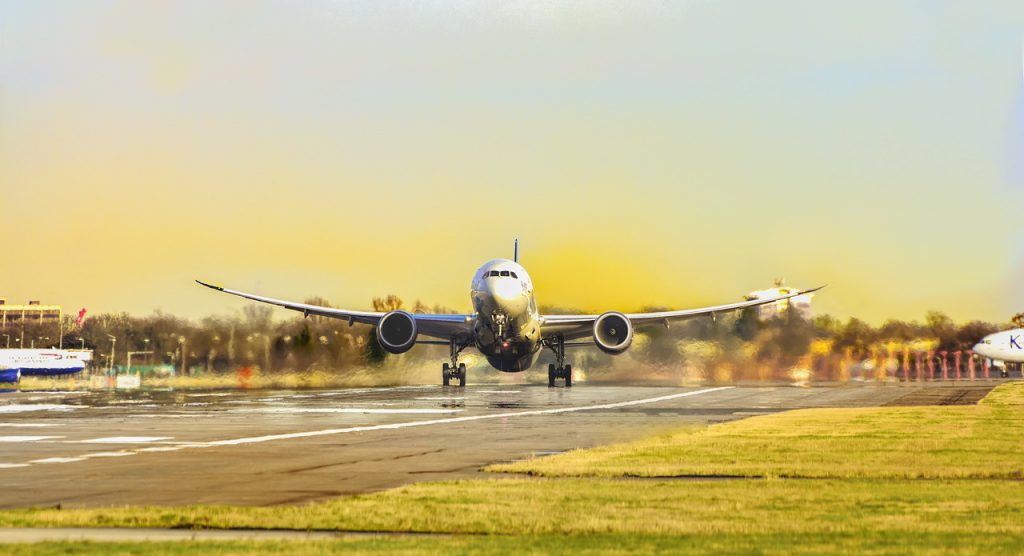As technology continues to advance and the aviation industry becomes increasingly reliant on digital systems, the importance of cybersecurity in the air travel sector cannot be overstated. With airports and airlines serving as prime targets for cyberattacks, the Transportation Security Administration (TSA) is urging the industry to prioritize and enhance their cybersecurity measures. In this article, we delve into the TSA’s call for action and explore the various aspects of cybersecurity that airports and airlines need to address to protect themselves and their passengers.
Recognizing the Growing Threat Landscape
With the rise of sophisticated cybercriminals and state-sponsored hacking groups, the threat landscape facing airports and airlines has become more complex and dangerous. The TSA emphasizes the need for industry stakeholders to acknowledge the severity of this threat and understand the potential consequences of a successful cyberattack. From disruption of operations to compromise of sensitive passenger data, the implications can be significant and far-reaching.
Strengthening Network Security
One of the key areas of focus for airports and airlines is strengthening their network security. This involves implementing robust firewalls, intrusion detection systems, and security protocols to safeguard critical systems and infrastructure. The TSA recommends regular network audits, vulnerability assessments, and penetration testing to identify and address any weaknesses or vulnerabilities.
Protecting Passenger Data
The protection of passenger data is paramount for airports and airlines. Cybercriminals often target personal and financial information stored in airline reservation systems and airport databases. To safeguard this sensitive data, industry stakeholders are advised to implement stringent data encryption, access controls, and comprehensive data breach response plans. Additionally, regular staff training and awareness programs are crucial to ensure employees adhere to security protocols and recognize potential phishing or social engineering attempts.
Bolstering Endpoint Security
Endpoint devices, such as laptops, tablets, and mobile phones, pose a significant risk in the aviation sector. They can be a gateway for cyberattacks if not properly secured. The TSA encourages airports and airlines to enforce strict device management policies, including the use of strong passwords, two-factor authentication, and mobile device management solutions. Regular software updates and patches should also be implemented to mitigate known vulnerabilities.
Enhancing Collaboration and Information Sharing
The TSA emphasizes the importance of collaboration and information sharing among airports, airlines, and cybersecurity experts. By sharing threat intelligence, best practices, and incident response strategies, industry stakeholders can collectively stay ahead of emerging threats and enhance their cybersecurity posture. Partnerships with government agencies, cybersecurity firms, and industry associations can provide valuable resources and expertise to combat cyber threats effectively.
Investing in Cybersecurity Training and Resources
To effectively address cybersecurity challenges, airports and airlines need to invest in comprehensive training programs and resources for their employees. Cybersecurity awareness training should be mandatory for all staff members, educating them about common cyber threats, best practices, and incident reporting procedures. Additionally, allocating sufficient resources for cybersecurity personnel and technology infrastructure is essential to maintain a proactive and resilient security posture.
Conclusion
In an era where cyberattacks are a constant and evolving threat, the TSA’s call for improved cybersecurity in airports and airlines is both timely and crucial. By recognizing the growing threat landscape, strengthening network security, protecting passenger data, bolstering endpoint security, enhancing collaboration, and investing in cybersecurity training and resources, industry stakeholders can fortify their defenses and minimize the risk of cyber incidents. With a collective commitment to cybersecurity, airports and airlines can continue to provide safe and secure air travel experiences for passengers around the world.

